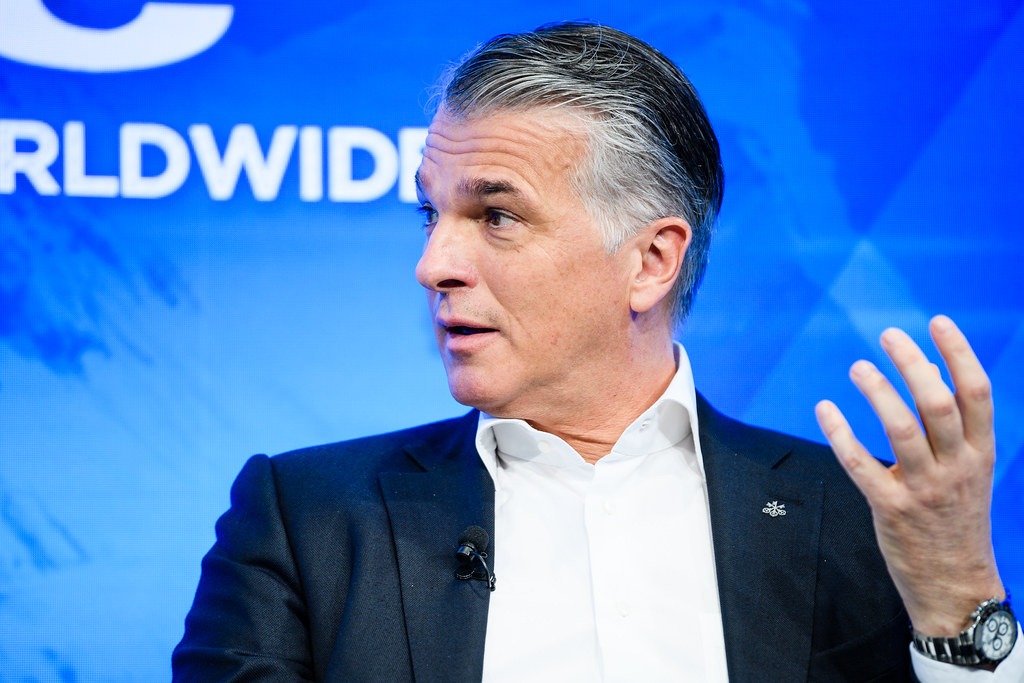A Bold Acquisition in March 2023
In march 2023, UBS made a daring move by acquiring its struggling rival, Credit Suisse, after a weekend of intense negotiations. At the time, the decision raised eyebrows, with many investors expressing doubts about the complexity of the deal. Bruno Verstraete, founder of Lakefield Wealth Management, voiced these concerns, emphasising the widespread uncertainty surrounding UBS’s ability to manage the acquisition successfully.
Table of Contents
Eighteen Months Later: A Shift in Investor Sentiment towards Ubs Credit Suisse Acquisition
Ubs Credit Suisse Acquisition: After 18 months things have changed in what seemed to be an unshakeable stance against UBS’s foray into the murky waters of acquiring Credit Suisse’s Investment Banking division at a price tag of $3.2 billion. It was considered too steep at the time but today it looks like 450% off the original investment value with little else around today’s financial market that could match it. Depending upon who you ask today, this transaction either proved politically or economically infeasible or absolutely brilliant.
Steady Progress Under Ermotti’s Leadership
The return of Sergio Ermotti, past CEO, to lead the merger was a decision that has borne fruit. UBS has made tremendous progress integrating Credit Suisse, reaching major milestones on schedule. May witnessed the merging of the parent firms, which was followed by the incorporation of U.S. intermediate holding in June and Swiss entities’ merger in July. The completion of this process is envisaged for 2026, with experts praising UBS for its prudent methods that have helped in regaining confidence in the organisation.

Ubs Credit Suisse Acquisition: Challenges and Future Prospects
In spite of the gains made, UBS is still grappling with hurdles. As far as CEO Ermotti is concerned, there is still a lot left to be done especially when it comes to issues related to the profitability of Credit Suisse. Besides this, there are also concerns about new possible capital requirements from Swiss regulators where UBS may need between 15 billion and 25 billion dollars by some projections. While manoeuvring through such difficulties, investors are cautiously optimistic keeping their eyes on the bank’s share prices and overall performance.
Investor Optimism and the Path Forward
Even with the hurdles that are waiting for it, investors have a rising faith in UBS’s capability to achieve its aim of turning the Credit Suisse merger into a triumph. Under Ermotti’s guide, UBS’s disciplined method of unifying has established a firm base for future expansions. The bank has made big cuts in expenses so far with $7 billion anticipated by 2024 which is over 50% of $13 billion growth-rate target placed down for total merger operation ending in 2026. This initial economic success has comforted many who doubted the intricacy of the transaction.
Navigating Regulatory Uncertainty
UBS has to deal with the threat of a capital increase among Swiss regulators. This arises out of warnings that it is too big and can trigger crises in finances. This statement was made by the Swiss Minister of Finance who hinted that there should be at least 15 to 25 billion dollars more needed by UBS for it to comply with these new requirements which can be known by 2025. This situation creates ambiguity as the agency will have to sit between overlapping regulatory obligations and attempts at incorporating other banks into its system.
Restoring Profitability to Pre-Acquisition Levels
Although Credit Suisse’s integration has progressed remarkably for UBS, Ermotti—the CEO—has underscored what simply cannot be restored after losing money unless you get back to square one. However”, she added”, “there are still many things left undone with respect to meeting the challenges posed by the bank’s investment arm, which contributed largely to its collapse”. He contended that despite some successes”, “it is not certain that recovery can happen in a straightforward manner over time”. Thus, work needs to continue as regards dealing with these issues and making sure all advantages associated with this new partnership become tangible.

The Long-Term Impact of the UBS-Credit Suisse Deal
One of the most successful transactions in banking history is already being hailed by some as the UBS-Credit Suisse deal and looking forward, it is not clear if this legacy will be cemented based on how well UBS manages the remaining challenges or not. At present, the bank has demonstrated a strong commitment towards precision and care when executing the merger under Sergio Ermotti’s leadership. If UBS can maintain its momentum and successfully navigate regulatory and financial hurdles along its way, this acquisition may truly be regarded as the deal of the decade.
Conclusion: A Transformative Moment for UBS
The purchase of Credit Suisse signifies a turning point for UBS and positively changed its role in worldwide banking systems. Notwithstanding, there are still questions that require answers, but everything achieved so far is commendable. Having been at the helm, Ermotti has guided UBS through tough times, ensured stability and made room for expansion plans moving forward.
On one hand, while taking over Credit Suisse as well as addressing regulation issues, investors’ and analysts’ eyes will be riveted on how successful this venture will prove. In other words, unless UBS justifies its intentions regarding what it means to plan from beginning until end, it may lose its chance at going down in history as a dealmaker par excellence of the entire decade.
Disclaimer: The information in this “Stock Profile” blog post is for informational purposes only. It is not financial advice. Always consult a qualified expert before making investment decisions.









